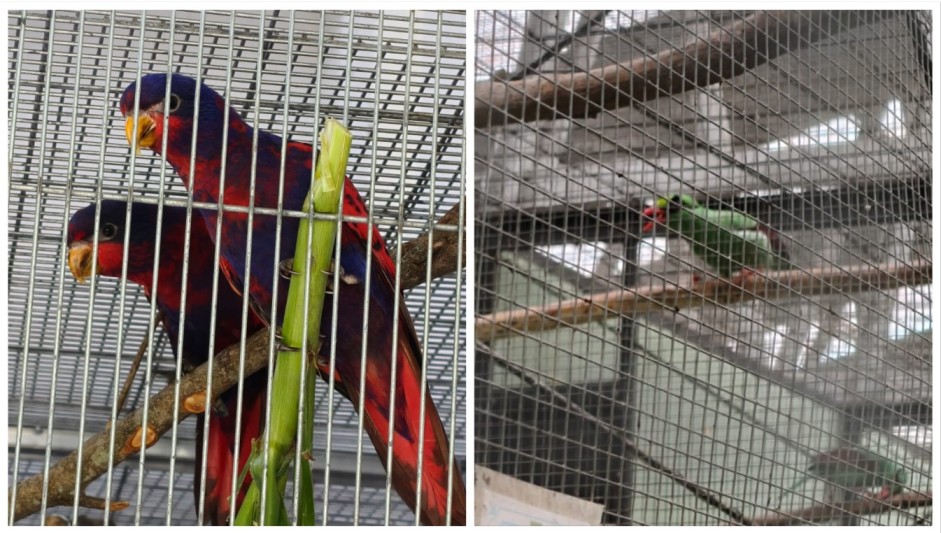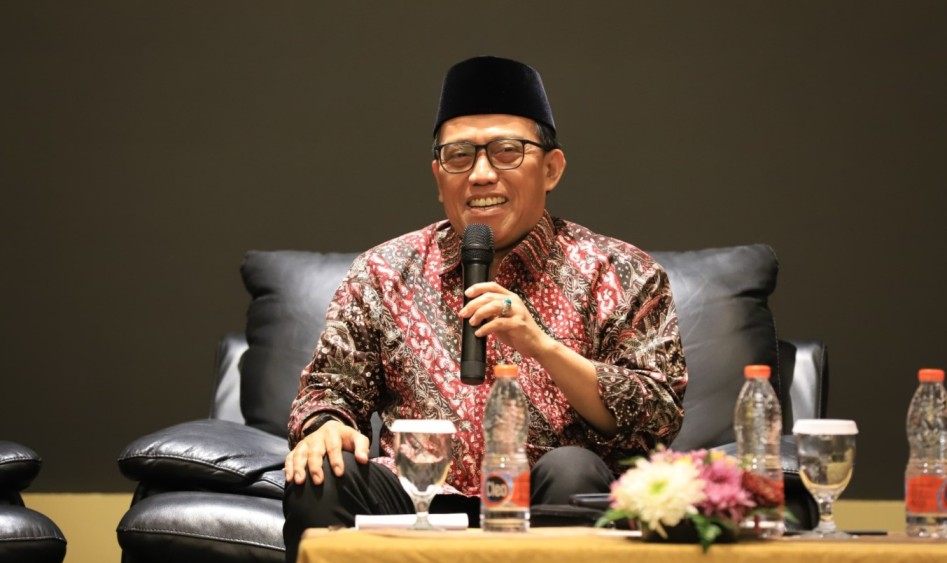Indonesian scholars pioneer earlier Islam propagation in South Africa

Bogor, W Java (Indonesia Window) – Nusantara (now Indonesia) Muslim scholars (ulemas) were among those who formed the foundation and paved the way in the early days of Islamic propagation in South Africa, around the 19th century.
It is evidenced by a cemetery of the Nusantara ulemas in Port Elizabeth, about 748 kilometers from Cape Town, a port city in southwest of South Africa.
The cemetery has dozens of tombs with tombstones carved in Javanese Arabic script.
One of the inscriptions on the tombstone is translated, “Abu Raffie bin Maulana Ngobaa Jawi (Java) from Banten, who returned to Rahmatullah (passed away) when was 78 years and 6 months old on Wednesday nights during Isha (the night prayer time) in the month of Rabi al Akhir Hijri in 1277 Hijri”.
A team from the Indonesian Consulate General in Cape Town, who recently visited the cemetery, met with the Head of the Cape Malay Community, Yusuf Agherdien.
He asked the consulate general for support in preserving the graves of Indonesian clerics in Port Elizabeth.
Agherdien would also propose to the local administration that the funeral area of the Nusantara clerics be designated as a national heritage of South Africa.
If the proposal is approved, Agherdien hoped the original tombstone could be placed in the museum and a replica would be made for the cemetery.
Meanwhile, not far from the grave area is the Strand Street Mosque, completed in June 1866, and is the first mosque in Port Elizabeth.
The mosque is a waqf (وَقْف) or Islamic endowment of property of the house of Abu Salie Nabie, a Nusantara cleric who was Abu Raffi’s brother.
The Muslim tombs in the Port Elizabeth and the Strand Street Mosque are evidence that Nusantara scholars played an important role during the early days of Islamic propagation in South Africa.
Reporting by Indonesia Window

.jpg)








